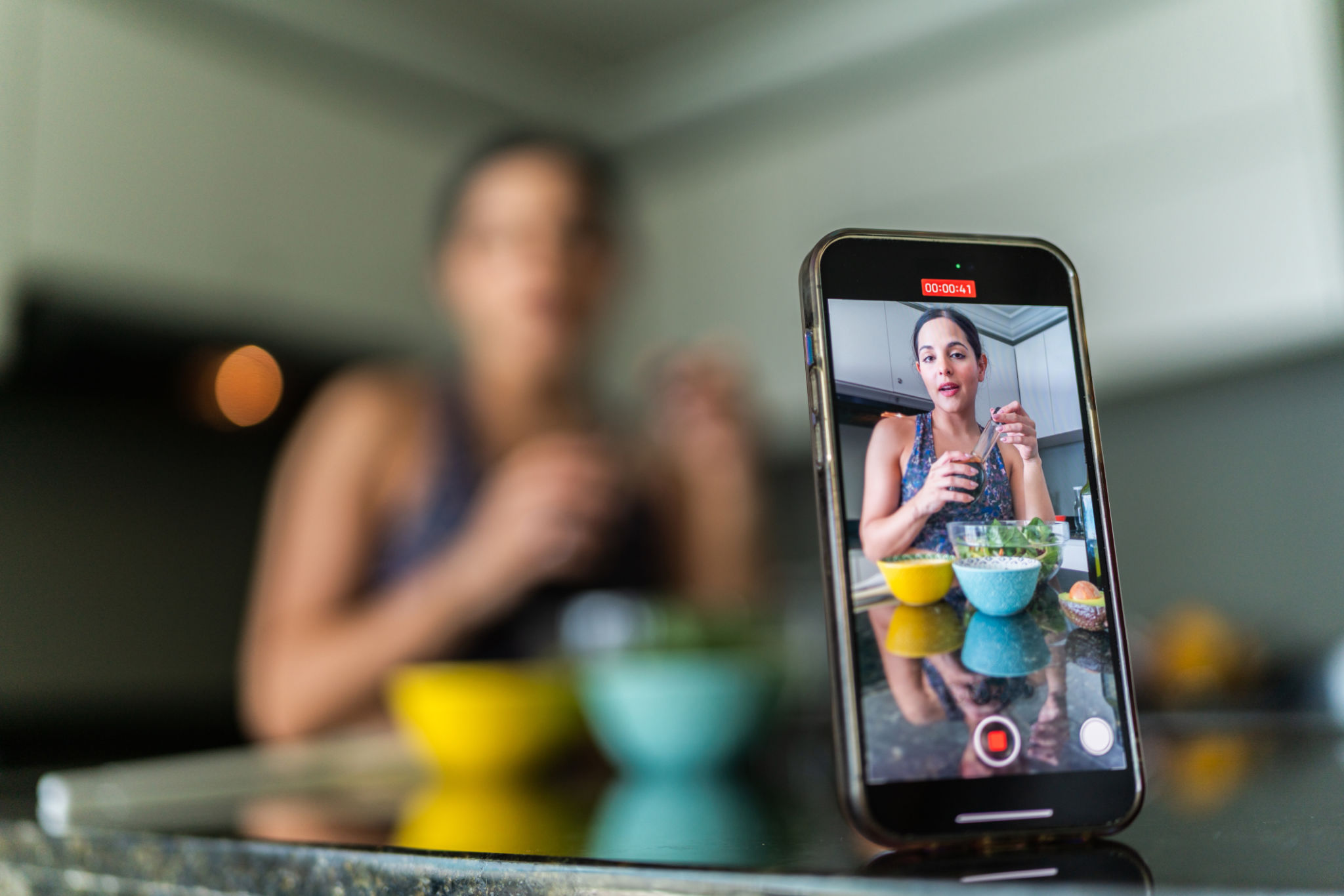How to Identify the Right Influencers for Your Brand
Understanding Your Brand's Needs
Before you start searching for influencers, it's crucial to understand your brand's specific needs and goals. Are you looking to increase brand awareness, drive sales, or engage with a new audience? By identifying these goals, you can pinpoint the type of influencer that aligns best with your brand's objectives. Consider factors such as your target demographics and the platforms where your audience is most active.
Once you have a clear understanding of your brand's needs, you can focus on finding influencers who can effectively communicate your brand message. It's important to look for individuals who share similar values and aesthetics to ensure a seamless collaboration.

Defining Your Ideal Influencer
When defining your ideal influencer, consider their reach, engagement rate, and the content they typically produce. It's not always about having the biggest following; sometimes, micro-influencers with a smaller, more engaged audience can be more effective. Look for influencers whose content style and tone match your brand’s image.
Additionally, pay attention to the influencer's past collaborations to see if they have worked with brands similar to yours. This can give you insight into how well they might resonate with your audience. Remember, authenticity is key; audiences can tell when an influencer genuinely believes in a product or is simply promoting it for compensation.
Researching Potential Influencers
Start your research by leveraging social media platforms like Instagram, TikTok, and YouTube where influencers are most active. Use relevant hashtags and keywords related to your industry to discover potential candidates. Platforms like LinkedIn can also be valuable for finding professional influencers in niche markets.

Utilize influencer marketing tools such as BuzzSumo or Traackr to streamline your search process. These tools can help you filter influencers based on specific criteria like location, engagement rate, and niche. Additionally, review the comments and interactions on their posts to gauge the level of trust and engagement they have with their audience.
Evaluating Influencer Authenticity
Authenticity is a crucial factor when selecting an influencer. Analyze the quality of their content and how they engage with their followers. Look for influencers who have genuine interactions and provide value to their audience through informative or entertaining content. Be wary of influencers who frequently change their brand partnerships or promote products that don't align with their typical content.

Engage with potential influencers by initiating conversations or commenting on their posts. This can help you assess their responsiveness and willingness to engage with brands. A genuine interest in your brand or product is often a good indicator of a potential fruitful partnership.
Establishing a Mutually Beneficial Relationship
Once you've identified potential influencers, focus on establishing a mutually beneficial relationship. Clearly communicate your expectations and be open to their creative input. Influencers are content creators at heart, and their unique approach can add significant value to your brand.
Discuss compensation openly, whether it's monetary, product-based, or a combination of both. Ensure that both parties have a clear understanding of deliverables and timelines to avoid any confusion down the line.
Monitoring and Measuring Success
After launching your influencer campaign, it's essential to monitor its performance continuously. Use analytics tools to track key metrics such as engagement rates, website traffic, and conversions attributed to the influencer collaboration. These insights will help you determine the success of the partnership and guide future influencer marketing strategies.
Don't hesitate to solicit feedback from the influencer themselves. Understanding their perspective can provide valuable insights into improving future collaborations. Remember that building strong relationships with influencers can lead to long-term partnerships that benefit both parties.
